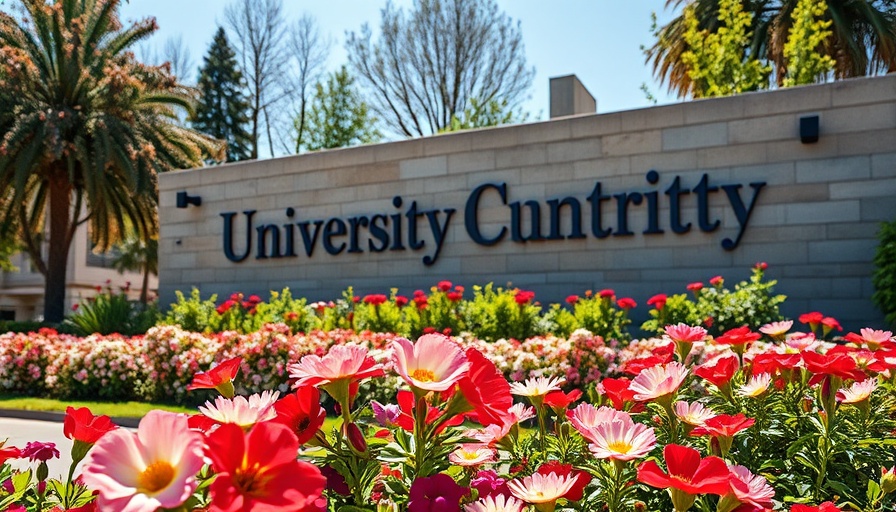
AI Revolution: The Future of Work Explored
Case Western Reserve University is hosting its inaugural event titled “AI and the Future of Work” on April 24, aiming to delve into the transformative effects of artificial intelligence across various sectors, from healthcare to fashion. As industries grapple with the implications of AI, this symposium seeks to illuminate pathways for adaptation and opportunity.
What to Expect at the Symposium
The symposium will welcome a diverse lineup of speakers, including Matt Beane, a prominent researcher specializing in AI's integration into the workplace. His keynote speech, themed around his book The Skill Code, promises to reveal how to preserve human talent in an era dominated by intelligent machines.
Attendees will not only hear from technology experts but also leaders from multiple sectors, addressing practical implementations of AI developments. Panel discussions will cover customer experience enhancements, workforce evolution, and decision-making shifts influenced by AI advancements.
Navigating the AI Landscape
Andrew Medvedev, the dean of the Weatherhead School of Management, emphasizes the dual nature of AI as both an opportunity and a challenge. While the fears of job displacement due to automation persist, he advocates for a perspective seeing AI as a tool to elevate the capabilities of workers.
“AI makes it possible for people to shine in ways they couldn’t before,” says Medvedev. His belief that AI will democratize opportunities, particularly in regions like Northeast Ohio, introduces a new lens on how technology can assist those previously marginalized.
AI's Role in Education and Workforce Development
In fostering a future-ready workforce, Case Western is embedding AI education within its curriculum—not merely to produce data specialists but to cultivate informed leaders who will navigate this technological shift. Courses like Demystifying AI and Advanced Analytics are already paving the way for educated decision-making.
With the addition of AI tutoring systems, the university aims to support students in mastering technologies that will shape their futures, ensuring they are not just consumers of AI but active participants in its evolution.
Broader Implications of AI in the Workforce
As industries confront the AI wave, understanding its potential impacts is crucial. Medvedev notes a significant observation: while many fear job losses due to AI, it is essential to consider how these technologies can redefine roles and create new employment sectors.
For instance, in the healthcare sector, AI can enhance diagnostic accuracy and streamline processes, enabling healthcare professionals to focus on patient care rather than administrative tasks. In workforce development, AI tools can tailor training programs to individual needs, offering pathways for workers previously lacking formal qualifications.
Embracing Change: Moving Forward
The conversation sparked by the AI and the Future of Work symposium is just the beginning. As industries like manufacturing and entertainment explore AI integration, the question persists: which sectors will adapt quickly, and which will lag behind? Observing these trends could ignite discussions on best practices, enabling organizations to thrive in this new landscape.
Final Thoughts: Empowering for the Future
The summit at Case Western Reserve is not merely an academic exercise; it represents a proactive approach to embracing change. As participants engage with thought leaders and explore real-world applications of AI, attendees will leave equipped not just with knowledge of AI's impacts, but with actionable insights to navigate their own industries.
With a growing narrative around AI's capacity to level the playing field, particularly in underserved regions like Northeast Ohio, the success of initiatives such as this symbiosis between education and industry will be pivotal. As we look ahead, it is critical not only to adapt to changes brought on by AI but to actively shape its integration into our lives.
Join the conversation on April 24th and explore how we can embrace AI as a transformative ally in the future of work.
 Add Row
Add Row  Add
Add 




 Add Row
Add Row  Add
Add 

Write A Comment